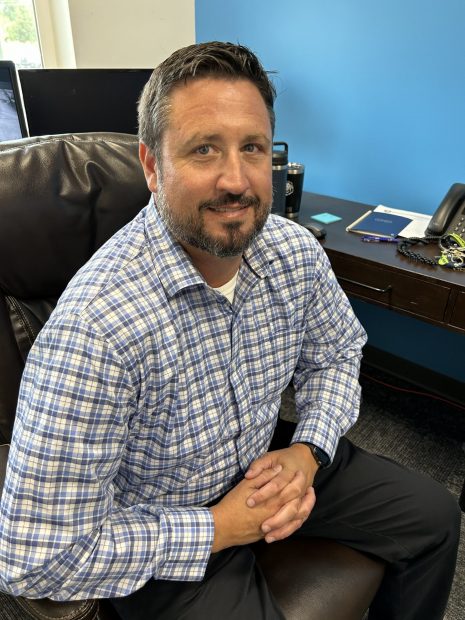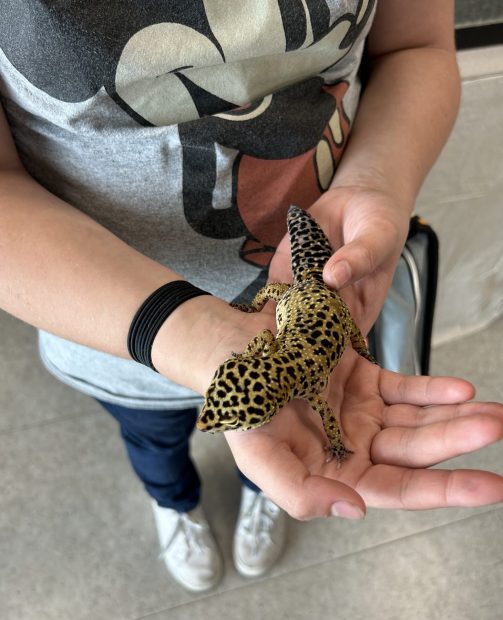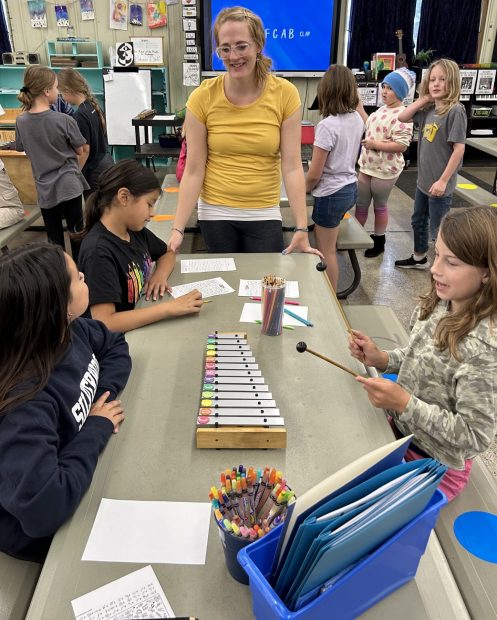
This year marks the 25th anniversary of charters in Idaho. Read about their history, successes and challenges.
Director Tony Bonuccelli well remembers his first day on the job — and the school’s worst year.
Bonuccelli was hired in 2013 to lead Idaho’s first charter — Moscow Charter School, established in 1998. Its focus is technology and arts with a mission to build a culture of support in a small-school environment.
Fulfilling the mission of Moscow Charter wasn’t a concern for Bonuccelli on his first day — it was the pig.
A pig wandered onto the playground so students couldn’t go outside for recess. Sharply dressed in a suit and tie, Bonuccelli unsuccessfully tried for hours to persuade the reluctant sow to leave.
“I won’t forget that day,” he said.
He also won’t forget one of the school’s low points, recovering from a cut in school funding and an unfinished financial audit nearly bankrupted the school in 2013.
But they survived the pig, the audit and the financial struggles. MCS started with 31 students in 1998; today the K-8 school has 193 students.
“I think it’s just amazing what our culture is and I’m really proud to be part of it,” said Bonuccelli.

“Financial problems are the main reason charters close,” said Leslie Baker, MCS board chair. “We basically had a year to get our (finances) in shape or … it was quite clear that if we couldn’t handle the money correctly and account for it correctly, then we were not going to be open for much longer.”
Around that time, Bonuccelli gave up his job in Washington as a band director and took over as school leader. “As I was coming into this position, our treasurer said to me, ‘Well, you got three years to turn this around or you’re shutting the doors. so I started recruiting, getting people to send their child here, explaining what charters are about and the differences,” Bonuccelli recalled.
“Leslie and I have been through a lot together,” he said.
More than 20 years later, the school still embraces technology, like using virtual goggles in the classroom or designing structures protected from ultraviolet rays in science class.
“We keep our eyes open for the newest technology,” Baker said. “We recognized that technology and arts were important, and we still do.”
In Paul Collins’ middle school science class, students showed off their crystal trees made of cardboard with blooms of colorful crystals grown from a solution of household items like ammonia, laundry bluing and salt, and tinted with food coloring, a project that connects art to science.
“It reinforces that it is not science versus art. Education is about uniting all the disciplines,” Collins said.
Baker said, “I feel really proud to have been a part of this. Idaho has allowed families to choose schools that best fit their needs.”

